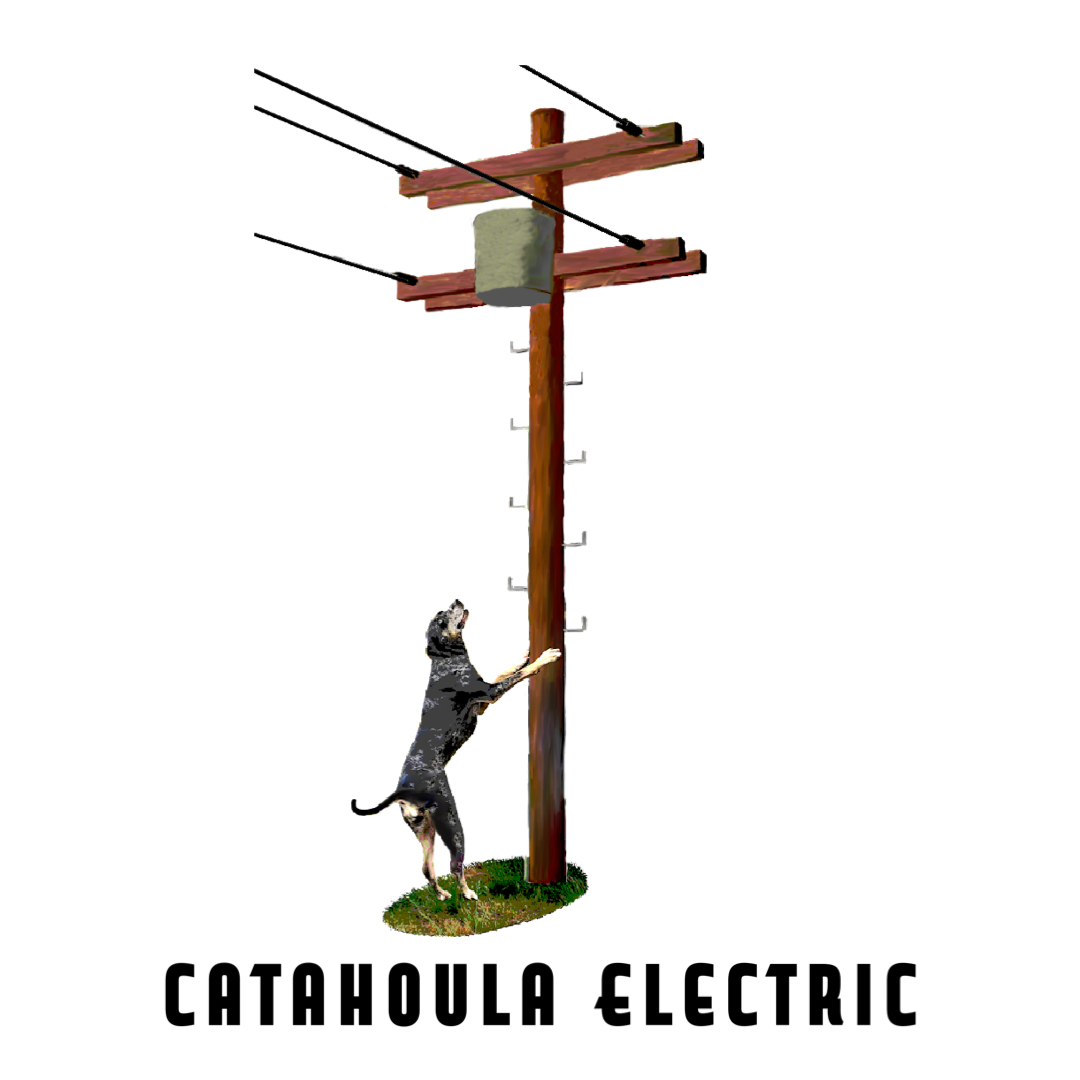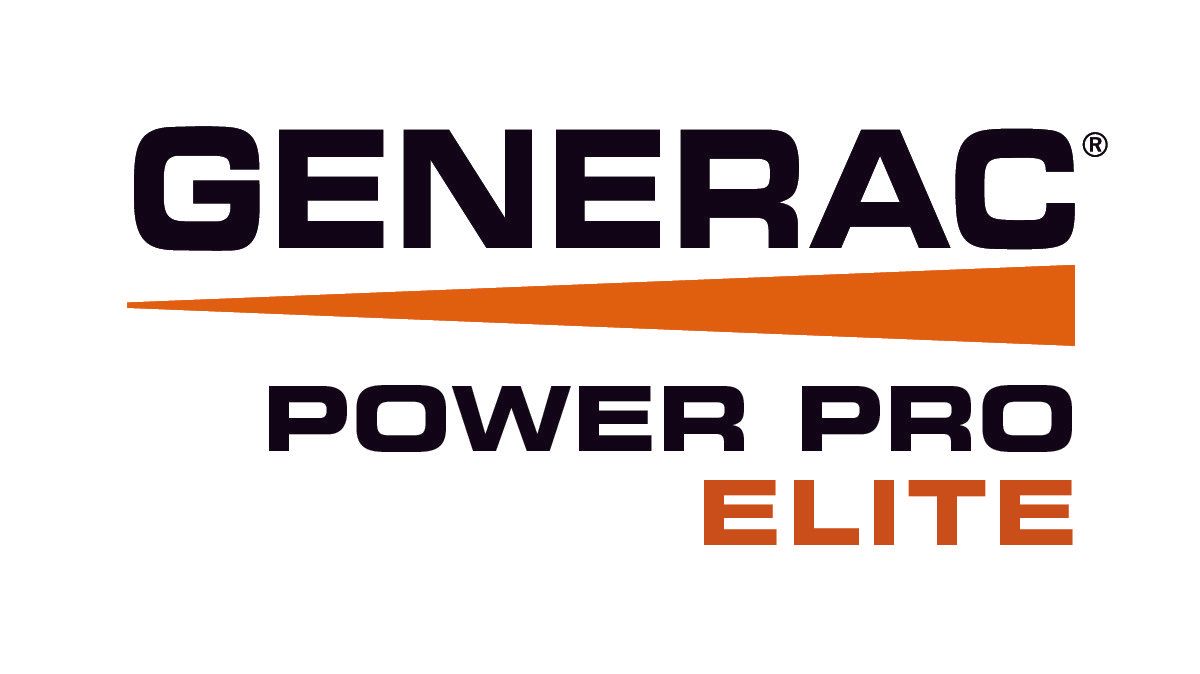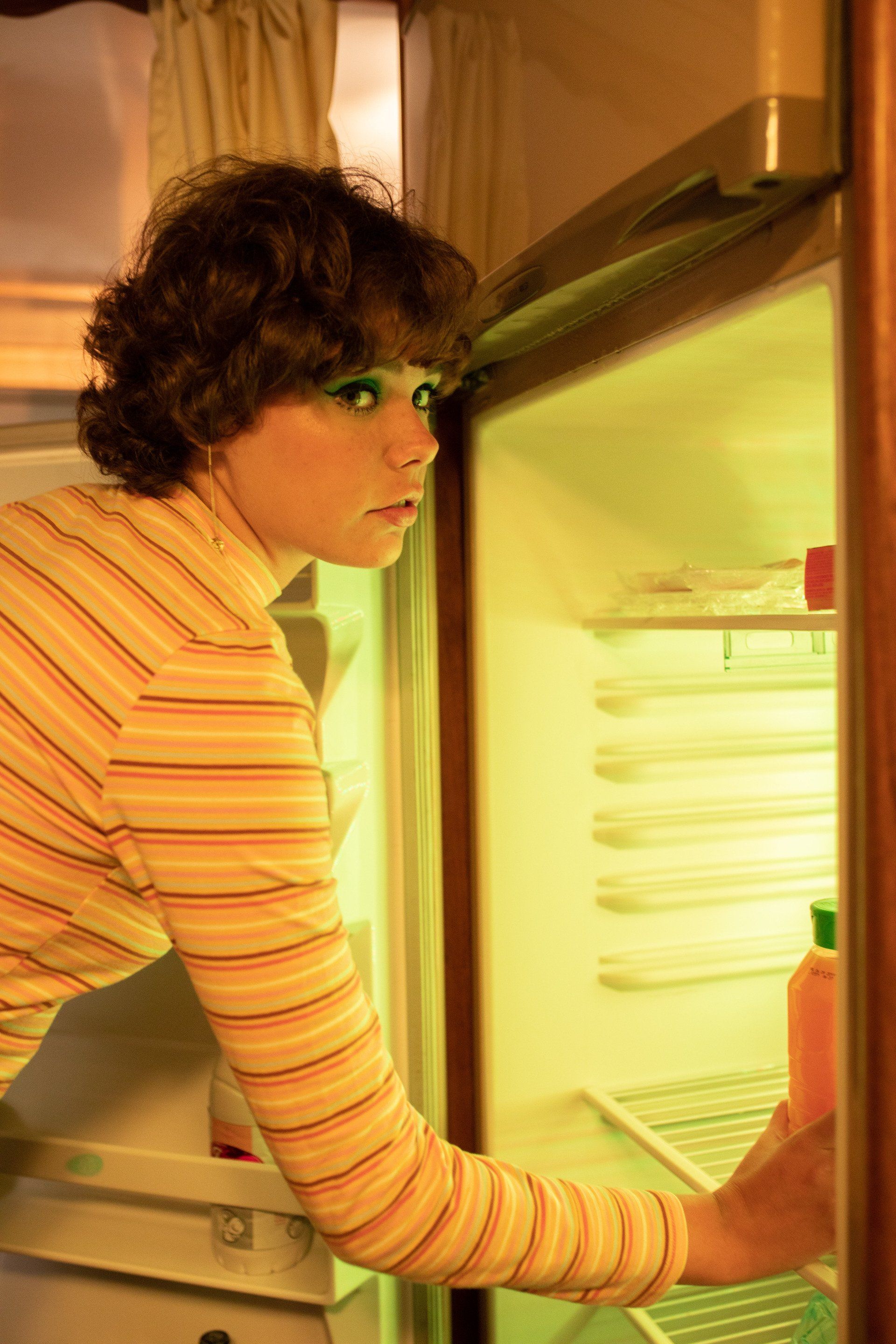Home Generator Story and Testimony
A quick story of relief

Living along the Gulf Coast comes with its set of risks. These risks mainly occur during hurricane season and include losing electricity due to some storm passing through.
Now I don't know about you but sitting in a house without electricity when it is 90+ degrees outside is no picnic. If you have kids, you know, having them sitting around bored, hot, and restless while the electricity is out is enough to drive you crazy.
Yes, there are portable generators you can use to run certain appliances in your house, such as your refrigerator, TV, or a few lights. Still, they cannot run your entire household, much less your AC.
Fortunately for me, I had a home generator installed last year. This has to be one of the best purchases I have ever made. When the electricity goes out, it is only a few seconds before my home generator turns on, and my house runs like nothing ever happened.
Everything is kept running like normal, most importantly, my AC. And unlike the portable generators that sound like a lawn mower is in your living room, the home generator is quiet. You don't even notice it's on.
The only regret I have about not getting the home generator installed sooner. While this is not something you can establish yourself, finding the right company to install one is not hard at all. Installation takes a little time, and it is ready to start working immediately.
Regarding cost, look at this as an excellent investment for your house, your family, and most importantly, your sanity. Not having to sweat it out in the dark when the lights go out because your home generator is taking care of things is the most considerable stress relief I can think of.
Why go through another power outage in the dark? Why sweat out another hurricane season when you can sit in the comfort of your home regardless of what is going on outside?
Getting a home generator keeps your home running and keeps you comfortable when you need it. Getting a home generator is one of those no-brainer decisions you can make with no regrets or buyer's remorse; this is a purchase worth making.




